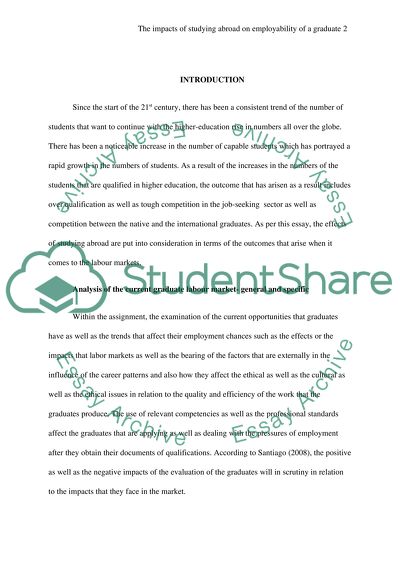Cite this document
(The Impact of Studying Abroad on Graduate Employability Case Study, n.d.)
The Impact of Studying Abroad on Graduate Employability Case Study. Retrieved from https://studentshare.org/education/1489195-researched-literature-review-the-impact-of
The Impact of Studying Abroad on Graduate Employability Case Study. Retrieved from https://studentshare.org/education/1489195-researched-literature-review-the-impact-of
(The Impact of Studying Abroad on Graduate Employability Case Study)
The Impact of Studying Abroad on Graduate Employability Case Study. https://studentshare.org/education/1489195-researched-literature-review-the-impact-of.
The Impact of Studying Abroad on Graduate Employability Case Study. https://studentshare.org/education/1489195-researched-literature-review-the-impact-of.
“The Impact of Studying Abroad on Graduate Employability Case Study”, n.d. https://studentshare.org/education/1489195-researched-literature-review-the-impact-of.


